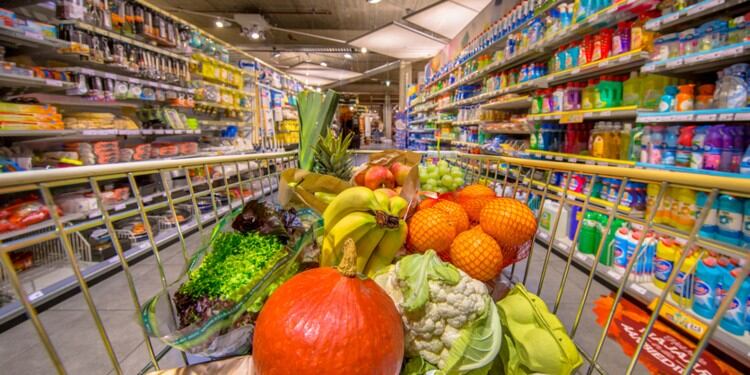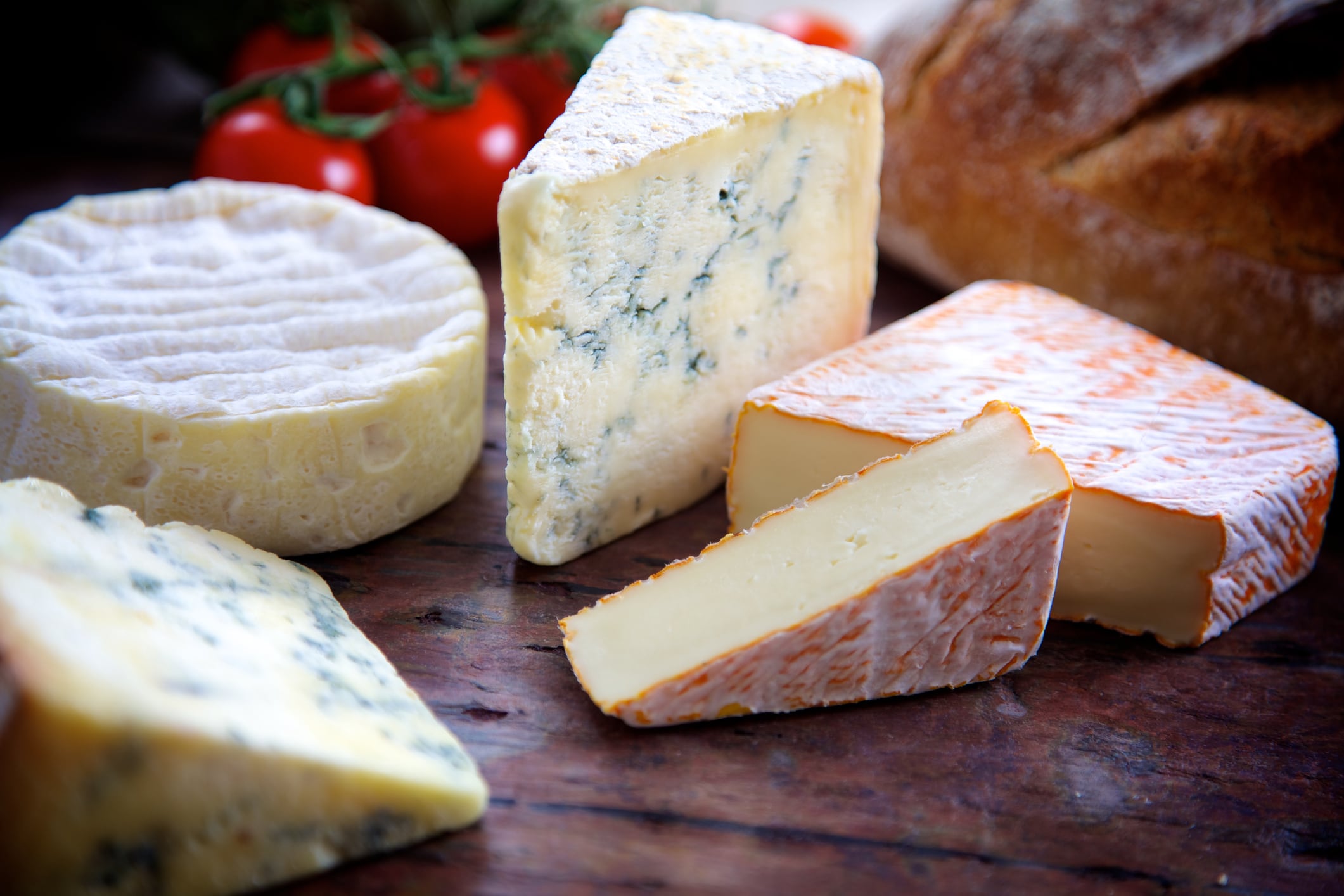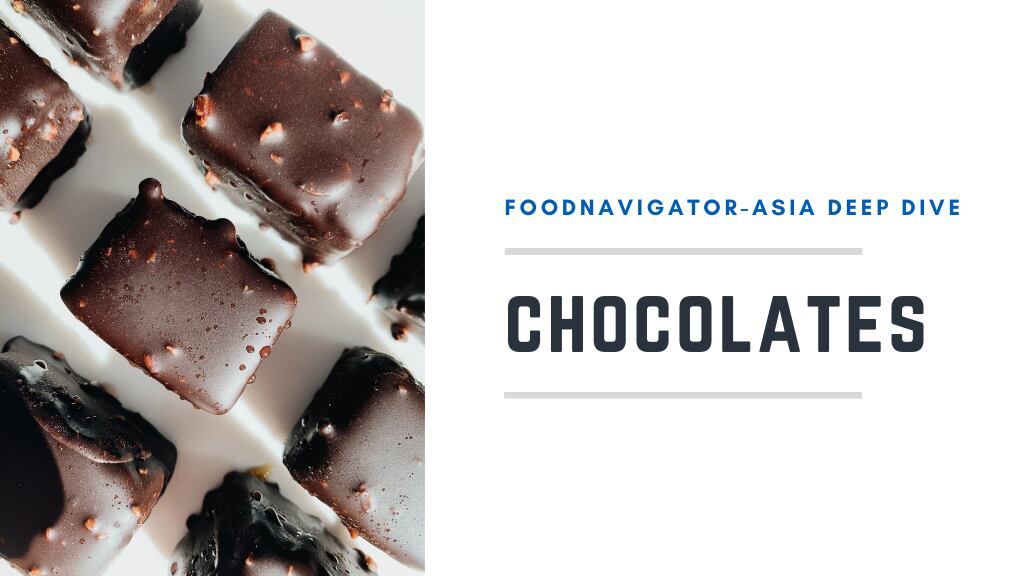Government action needed: Political pressure key for Indonesian F&B firms to propel reformulation
Food and beverage companies in Indonesia have cited government regulations as the major factor for reformulation, in a country where 28% of the adult population is overweight, 22% is obese, and 35% of deaths are caused by cardiovascular disease.
In a new report from Food Industry Asia (FIA) and IGD, which covered research conducted on both consumers and F&B firms, 83% of companies had undertaken reformulation, with 89% stating their main motivation behind this to be to ‘respond to government regulations’.
“[The] current reformulation priorities in Indonesia are the reduction of sodium, salt, sugar and trans-fat and the fortification of products with protein, dietary fibres and vitamins and minerals - priorities which are also in line with the consumer trends in Indonesia,” FIA Policy Director Steven Bartholomeusz told FoodNavigator-Asia.
Less sugar please: Healthier teas growing in popularity among younger consumers – China’s Nayuki
Chinese tea brand, Nayuki is betting on consumers’ increasing health awareness to drive the sales of its ‘healthier’ sugar-free and fruit tea series in China.
Data from Nayuki showed that from January to November 2019, sales of its sugar-free tea series which includes cold brew and pure tea, was 0.67% higher than its popular cheese tea series, the first time in four years.
Peng Xin, the founder of Nayuki told FoodNavigator-Asia: “Healthy, low calories, and low sugar are the future trends of new-style tea drinks. Over the past 10 months, 50% of consumers have chosen less or no sugar when purchasing tea.”
Purely paper: Mondelez trials its ‘world-first’ plastic-free packaging in Australia
Mondelez Australia has trialled its first 100% sustainable and 100% recyclable paper packaging on chocolates produced for overseas delivery to test the wrapper’s operational durability in transit.
According to the firm, the material used for this packaging was a ‘fully-sealed paper material’, and did not contain ‘laminates, foils or plastics’.
“Many existing paper-based food wraps have a thin plastic film to protect the product, however the paper used in the trial acts as the barrier to protect food and ensure freshness,” said Mondelez.
The firm’s Director of Marketing for Cadbury, Paul Chatfield, added that: “We are committed to making 100% of our packaging recyclable by 2025. [Given] this is a world-first for us and the material is at the leading edge of packaging innovation, we’re committed to finding innovative solutions to the sustainability challenges facing the planet.
Shrink the drink: Coca-Cola launches smaller packaging to cope with demographic changes in Japan
Beverage giant, Coca-Cola Japan has launched two new PET packaging sizes, 350mL and 700mL for its iconic drink.
The new PET packaging will only apply to Coca-Cola sold in supermarkets, drug stores, discount stores in the Tokyo, Kanagawa, Chiba and Saitama prefectures.
According to the firm’s Japan PR department, the existing core packaging sizes for Coca-Cola are 500mL PET and 1.5L PET. Besides PET, there are also a variety of glass (190mL), aluminum bottle (280mL) and can (350mL, 500mL) packaging.
No colour, no PVC: South Korea bans hard-to-recycle plastic materials for F&B packaging
South Korea has enforced regulations banning the usage of plastic materials that are difficult to recycle such as PVC and coloured PET bottles for the packaging of food and beverage items.
This is part of the country’s objective to reduce its plastic waste production by half, as well as more than double recycling rates from 34% to 70% by 2030.
"The comprehensive countermeasures focus on enhancing public management and stabilizing the recycling market,” South Korean Ministry of Environment (MoE) Minister Kim Eun-kyung said at an announcement back in 2018, not long after China announced an import ban on 24 types of recyclables.
“The government will be involved in the life cycle of the products, starting from production to the recycling process.”





